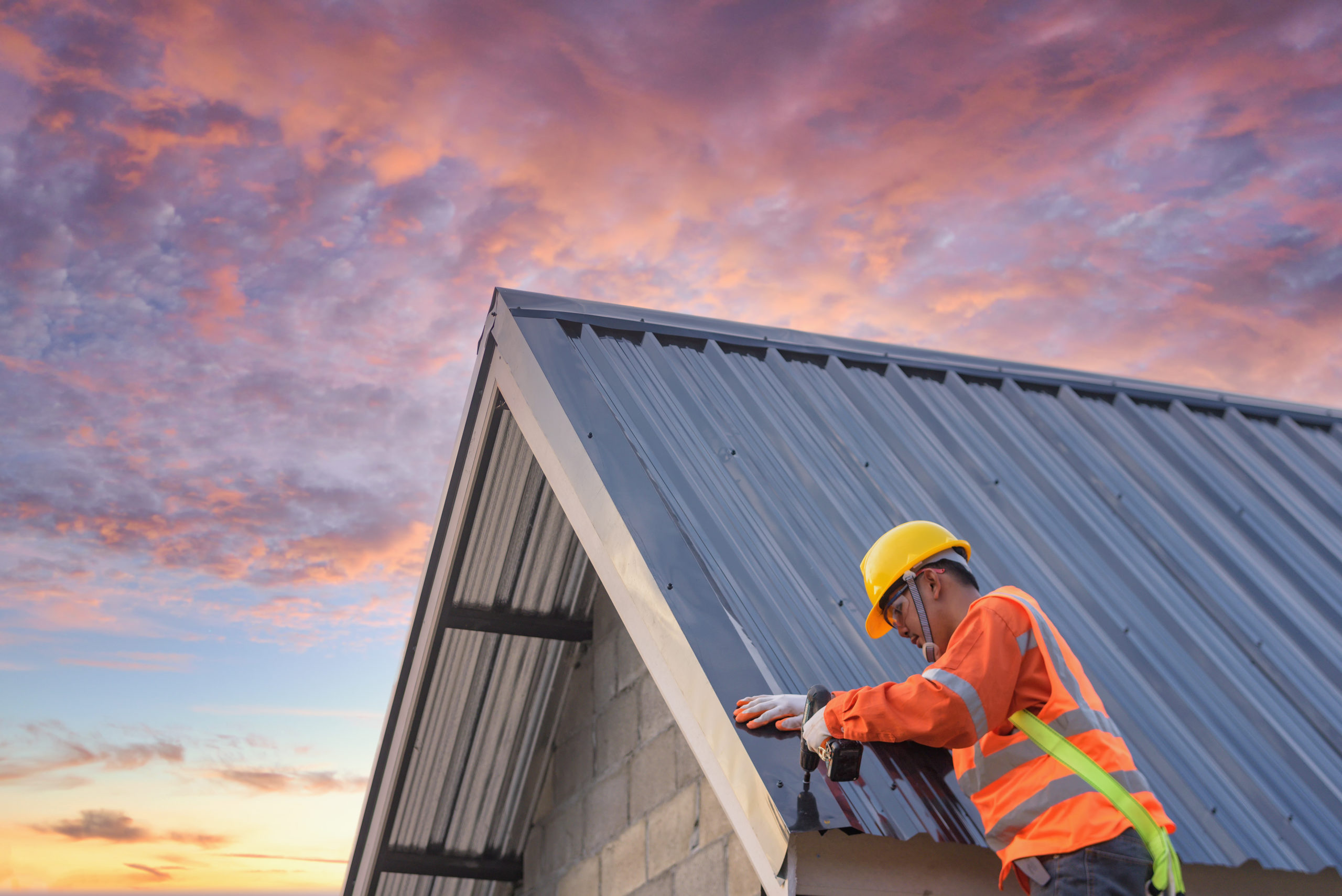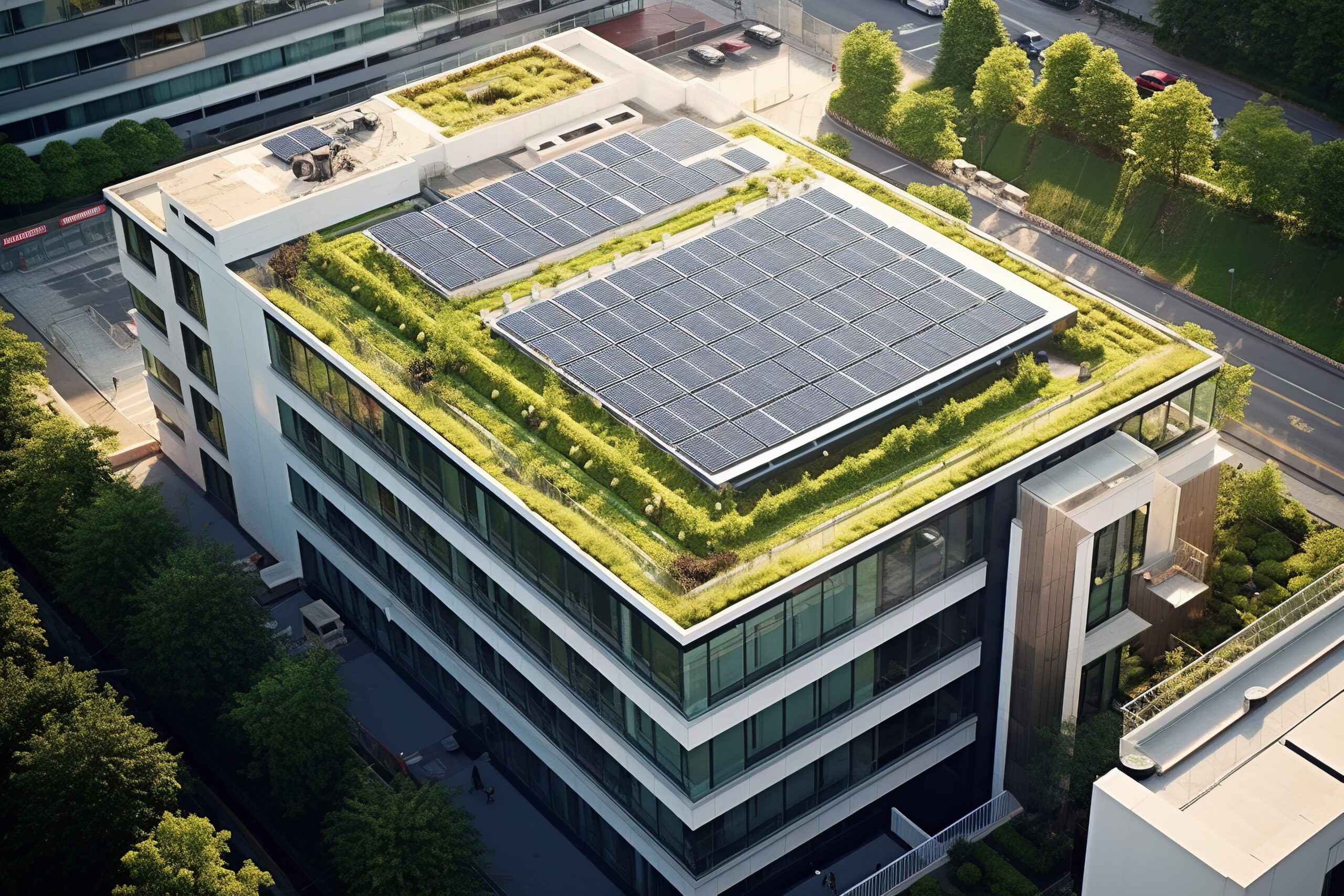
Recovery plan aims to speed up energy refurbishment for buildings
As one of France’s priority projects, energy refurbishment for buildings is set to receive funding under the “France Relance” recovery plan. Energy refurbishment is central to the key areas identified: improving comfort levels in housing, fighting energy poverty, reducing dependence on fossil fuels and controlling greenhouse gas emissions. This last point being a particularly hot topic given the ambitious commitments made by France, and indeed Europe, on carbon neutrality.
Ambitious targets
The building sector is responsible for 18% of CO2 emissions and is a large contributor to global warming. This is one of the numbers that justifies for the proposals of a citizens’ agreement on this same topic. The French government has committed to completing 500,000 renovations per year in order to reach a “low-energy building” (LEB) standard for the entire French housing stock by 2050.
A rather ambitious figure given the existing backlog. Public authorities do still have the power to induce or compel developers to ramp up progress on carbon neutrality in the building sector. Accordingly, the new environmental standard RE 2020 is due to enter into force in July 2021. It aims to reduce energy use in buildings by 30% compared to the current standard, and to drastically reduce carbon emissions. That’s new builds covered.
Heavy investment
But the real issue is older building stock. A sizeable challenge in terms of the poor energy performance of many buildings, particularly in the residential sector, and of the heterogeneous nature of construction projects. Increased financial support should, however, be made available to help France get back on target. The recovery plan sets out a budget of almost 7 billion euros for the energy refurbishment of buildings, including 4 billion euros for the public sector. And extra funding could be allocated under the European recovery plan. This additional payment is critical given that the total annual budget set for systematic energy refurbishment amounts to at least 26 billion euros.
Support for extensive renovation
Aside from the question of funding, there is also a call to review the renovation process in practice. For there to be any real impact on energy efficiency, it is surely more worthwhile to carry out a one-time comprehensive renovation. French people too often settle for superficial home improvements that fall short of what is really needed. As an incentive to carry out extensive renovations, the mechanism for public subsidies is under review. The High Council on Climate recommends withdrawing subsidies for individual measures under the MaPrimeRénov scheme and energy savings certificates (ESC).
In parallel, it recommends increasing the maximum subsidy allocation – currently 15,000 euros – for a full renovation to the LEB standard. Another requirement is to provide high-performance, pollution-free home heating. Heat pump systems, connection to urban heat networks where possible, and more generally the installation of high-efficiency heating systems also help to achieve low CO2 emissions in buildings.
The public sector joins the race
Addressing the tertiary sector, the French “ELAN” Law provides for a 40% reduction in energy use by 2030 (based on 2010 levels), increasing to 60% by the year 2050. Note though that this is an area where public authorities have direct influence, acting in their capacity as project owner for their own building stock. Some 950 million euros have been allocated under the recovery plan to support energy renovation projects on existing building stock at different levels of local authority (inter-municipal communes and regions).
At state level, the national conference of strategic real estate held on 14 December 2020 also decided in favour of 4,214 energy renovation projects for a total budget of 2.7 billion euros. Proof then that the public sector aims to stay ahead of the curve when it comes to energy efficiency. The reality on the ground is that all stakeholders in the building sector must take action to meet the target for 100% low-energy buildings in 2050. A key challenge if France is to respect its environmental commitments.
Spotlight: Rexel tailors its offering to help private and business customers
The electrical equipment market is set to benefit from measures under the “France Relance” recovery plan, which prioritises ecological transition, competitiveness and cohesion. Rexel is in a particularly strong position in these sectors, with the green technologies and energy renovation market representing a potential of 1.85 billion euros, the green mobility and infrastructure market 1.08 billion euros, in addition to lesser amounts from investment in decarbonisation in the industrial sector, agricultural transition, circular economy and biodiversity.
The market for energy refurbishment of buildings in particular is estimated – for the area served by Rexel in France – at one billion euros for public buildings, 500 million euros for the private sector, 100 million euros for energy refurbishment and renovation of social housing, and lastly 50 million euros for the energy refurbishment of very small (TPE) and small to medium (PME) businesses.
Rexel has set up special mechanisms to proactively respond to demand in the context of these public policies. They provide assistance in obtaining all eligible grants with the support of expert partners. For private individuals, Rexel has launched a program called «easy CEE particuliers», with Drapo and Butagaz. It includes the ESCs, Coup de Pouce, and MyPrimeRénov’ mechanisms and offers a smooth customer journey thanks to the digitazation of all the steps. A loyalty bonus is also provided for installers! For professionals, a new system entitled «easy CEE tertiary & industry» was created. Based on the ESCs, its partners are Avia and CEE Lease. Installers can easily access the Rexel extranet, register, and manage their file electronically. And icing on the cake, get a payment in less than 30 days!

